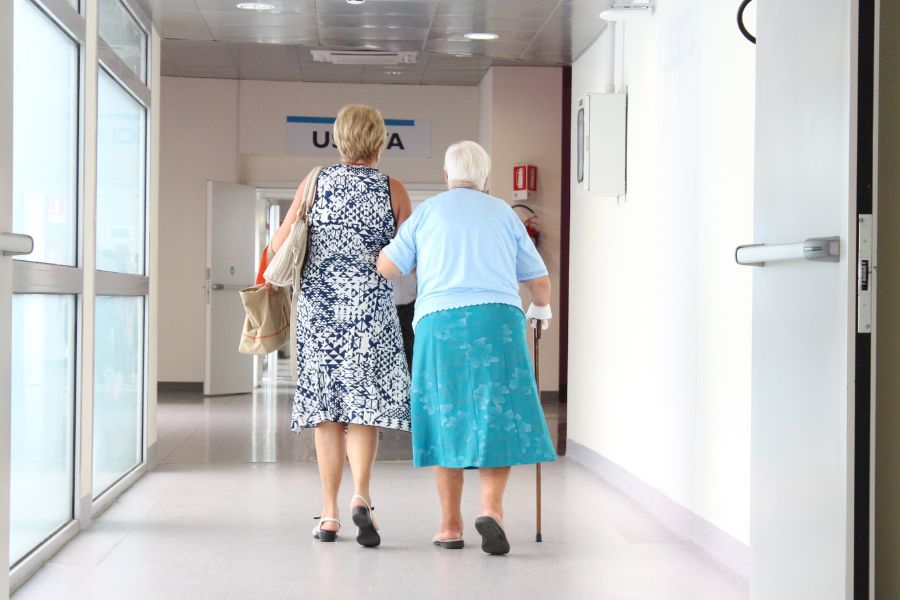Tests For Diagnosing Dementia

There is no one single test for dementia. A diagnosis is based on a combination of assessments and tests taken by a GP or a specialist at a memory clinic or hospital.
Taking a history
This is usually done by a GP and we would recommend someone who knows you well going with you so they can help describe any changes or problems they've noticed.
According to the NHS, the doctor will:
- ask how and when your symptoms started and whether they're affecting your daily life
- check whether any existing conditions, such as heart disease, diabetes, depression or stroke, are being properly managed
- review any medicines you're taking, including prescribed medicines, those bought over the counter from pharmacies, and any alternative products, such as vitamin supplements
Mental ability tests (cognitive assessments)
People with dementia symptoms can take tests with their local GP to check their mental abilities like memory or thinking.
There are several different tests, one that is commonly used by GPs is the General Practitioner Assessment of Cognition (GPCOG).
Although these tests can’t diagnose dementia, they may show there are memory difficulties that need further investigation.
Most tests involve a series of pen-and-paper tests and questions, giving them a score.
These tests assess several different mental abilities, including:
- short- and long-term memory
- concentration and attention span
- language and communication skills
- awareness of time and place (orientation)
Blood tests to check for other conditions
Your GP can arrange for blood tests to help exclude other causes of symptoms that can be misplaced as dementia.
In most cases, these blood tests will check:
- liver function
- kidney function
- thyroid function
- diabetes
- vitamin B12 levels
Scans of the brain
Brain scans can be helpful in assessing if a person has dementia. Scans usually occur after the above simpler tests have ruled out other problems so not everyone needs a brain scan for their diagnosis. This Dementia Diagnosis guide may be useful.
Like memory tests, on their own brain scans can’t diagnose dementia, but are used as part of the wider assessment.
These scans may also be used to check for evidence of other possible problems that could explain a person's symptoms, such as a stroke or a brain tumour.
The NHS recommend an MRI scan to:
- help confirm a diagnosis of dementia and the type of disease causing the dementia
- provide detailed information about the blood vessel damage that happens in vascular dementia
- show shrinkage in specific areas of the brain – for example, the frontal and temporal lobes are mainly affected by shrinkage in frontotemporal dementia, while usually just the temporal lobes are affected in the early stages of Alzheimer's disease.
Even if a brain scan does not show any obvious changes, this does not mean someone does not have dementia.
Other Later Life Hub pages that may be helpful
- What’s the difference between memory loss and dementia?
- Types of dementia
- What to do When You Receive a Dementia Diagnosis
Page last updated: July 2023.
MHA in your community
Find the care home, retirement community, or support group that’s right for you

